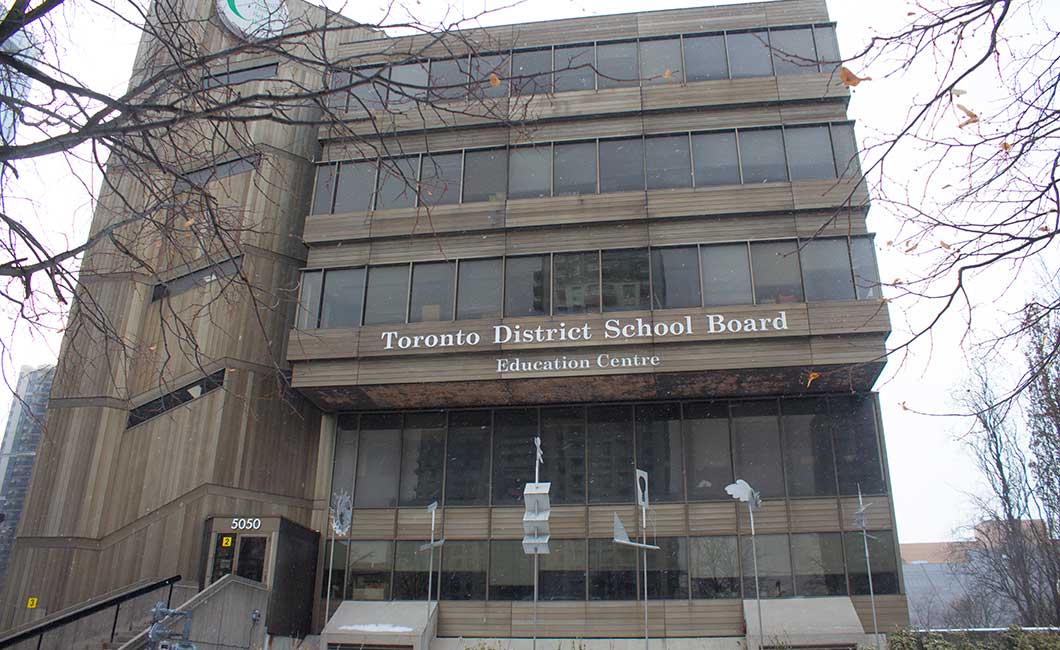The Toronto District School Board is taking action to help youths with disabilities transition into the workforce after completing their education.
In a recent story in the Toronto Star, high school graduates with disabilities talked about not having confidence or the proper skills when entering the workplace. The TDSB says it has programs to make this transition easier for them.
Every student with a disability will have an individual education plan, said Lori Moore, centrally assigned principal for special education at the TDSB, in an interview with The Observer. That includes transition planning, in which the students are informed of their expectations prior to leaving secondary school.
“The students would work with the school staff to see what the exit will look like from school, and the entry into the next pathway,” Moore said.
Many young people with disabilities can feel uneasy or discouraged when diving into work after school.
Susanne Dorder, disabilities counsellor for the Centre for Students with Disabilities (CSD) at Centennial College’s East York campus, has come across a number of students who feel this way.
“It can be scary because there are stereotypes and stigmas associated with people who have disabilities,” Dorder said. “So the students have that fear of judgment, fear of being unable to perform, and even some self-doubt.”
When asked how schools could better prepare students for post-secondary life, Dorder said it helps if they know what they will be facing.
Noting that “it’s important to help students be aware of what’s out there,” she added, “What’s also good are programs that provide equitable studies that will help them to be aware of what exactly they’re walking into.”
Fortunately, the TDSB has programs to do just that, Moore said. Schools are equipped with pre-employment co-op placements for the students to aid with the transition. In these placements, students can discover what kind of work they want to do and how to make the process go smoothly. Accommodations would be made for each student, whether they have a learning or physical disability.
“Quite often, students who have been in a co-op placement will lead to employment post-graduation,” Moore said. “Some of them even find positions where they did their placements.”
The TDSB also features Centres of Innovation for Skills and Technologies, where all students, including those with disabilities, develop skills to make it easier for their lives post-secondary.
“The TDSB is constantly reviewing programs and services for all students with special education needs,” Moore said. “It’s all so we can improve the equity of outcomes, student achievement, and overall well-being.”

